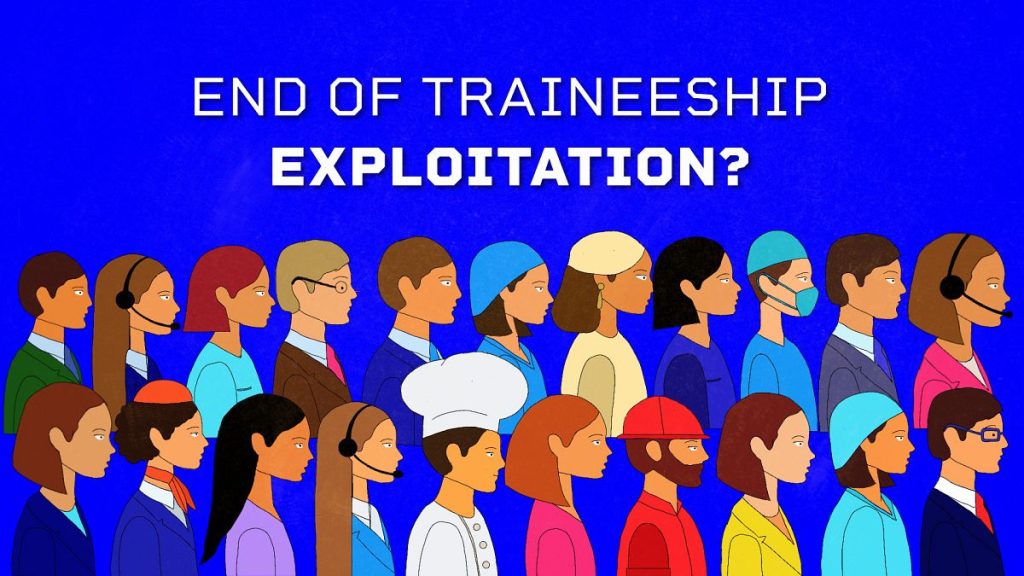The European Union is grappling with a significant challenge: the exploitation of young people through unpaid or poorly compensated internships. With over three million trainees across the EU, nearly half working without pay, the European Commission has proposed a directive aimed at establishing “quality internships” that guarantee fair remuneration, social security protection, and equal access for vulnerable groups. This initiative seeks to address not only the exploitation of young talent but also to contribute to closing skills gaps and reducing youth unemployment, which stands at a concerning 14.9% across the EU, more than double the general unemployment rate. However, the path towards achieving these goals is proving complex and fraught with differing perspectives among member states.
The Commission’s proposal, introduced in March 2024, encountered a roadblock in December when EU governments failed to reach a consensus. The main point of contention revolves around the scope of the directive. While some member states, notably Spain and Germany, express concerns that the current draft could lead to a “race to the bottom,” prioritizing low costs over quality education, others, like the Baltic and Nordic countries, support the existing text. This divergence of opinions highlights the delicate balance between protecting young workers and maintaining flexibility in national labor markets. The EU’s inability to impose legally binding legislation in this area, which falls under national competence, further complicates the matter.
A key concern raised by youth advocacy groups, trade unions, and some members of the European Parliament is the limited coverage of the proposed directive. The current draft only applies to open market internships, excluding those linked to educational curricula, active labor market policies, or professional training programs. This means that a significant portion of interns, estimated at around three-quarters, would not benefit from the protections afforded by the directive, including fair pay and social security coverage. This exclusion raises serious questions about the effectiveness of the directive in achieving its stated goals and addressing the widespread exploitation of young interns.
The debate over the directive underscores the broader challenges facing young people entering the workforce. Internships, while often presented as valuable opportunities for gaining experience and building professional networks, can become exploitative traps, particularly when they are unpaid or offer minimal compensation. Young people can find themselves stuck in a cycle of internships, accumulating experience without securing stable, paid employment. This phenomenon not only hinders their career development but also contributes to a precarious and uncertain future, impacting their financial independence and overall well-being.
The European Commission, while acknowledging the challenges, remains committed to improving the current text and working with member states to reach a consensus. They emphasize the importance of quality internships in attracting young talent to the job market and fostering economic growth. The Polish presidency of the Council of the EU is tasked with advancing the discussions in the first half of 2025, paving the way for renewed negotiations with the European Parliament and the Commission. The aim is to reach an agreement on a final text that addresses the concerns of all stakeholders while ensuring meaningful protection for young interns.
The success of this initiative hinges on finding a compromise that satisfies the diverse perspectives of member states while upholding the core principle of protecting young workers from exploitation. The question remains whether the EU can bridge the divide and establish minimum standards for internships that genuinely benefit young people and contribute to a more equitable and sustainable labor market. The outcome of these negotiations will have significant implications for the future of young Europeans seeking to gain valuable work experience and launch their careers. The hope is that the final directive will not only address the immediate concerns regarding fair pay and social security but also create a framework that promotes genuine learning and development opportunities for interns, contributing to their long-term career prospects and the overall health of the European economy.














